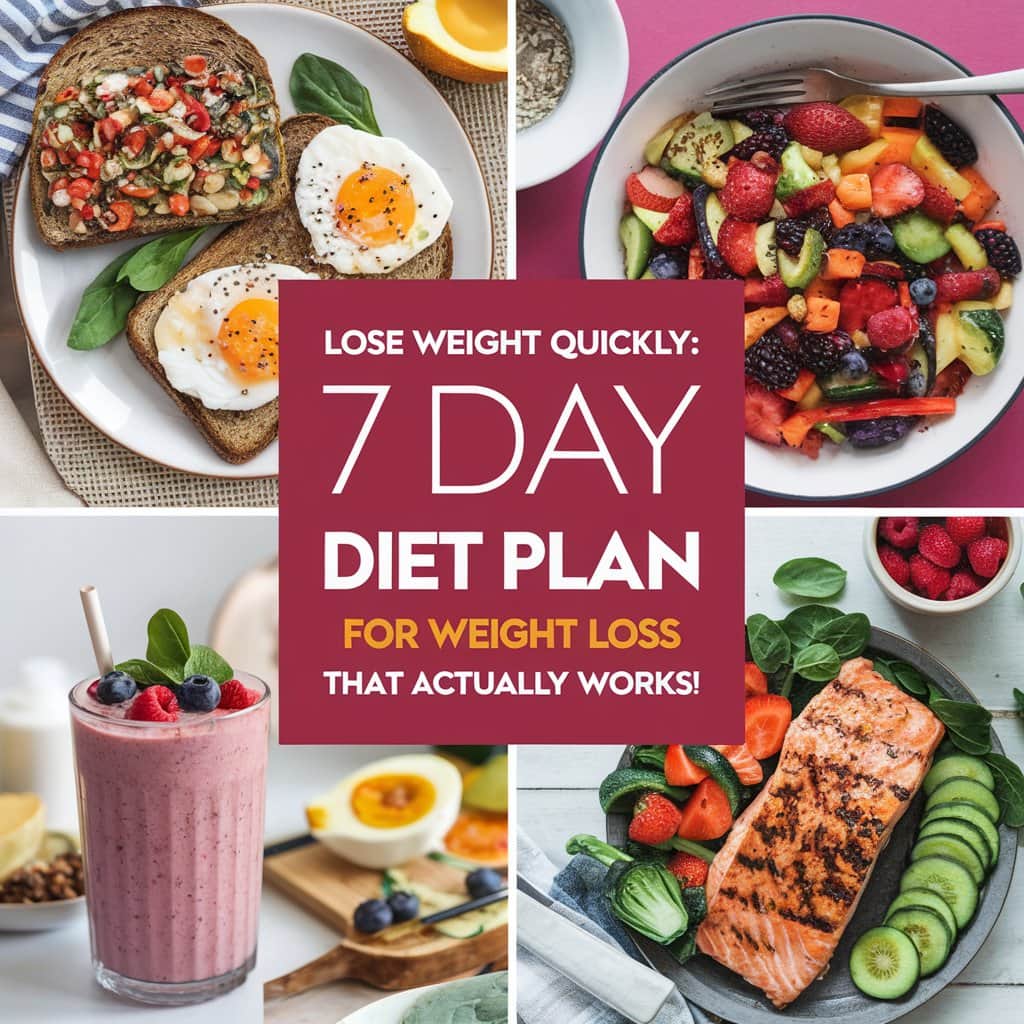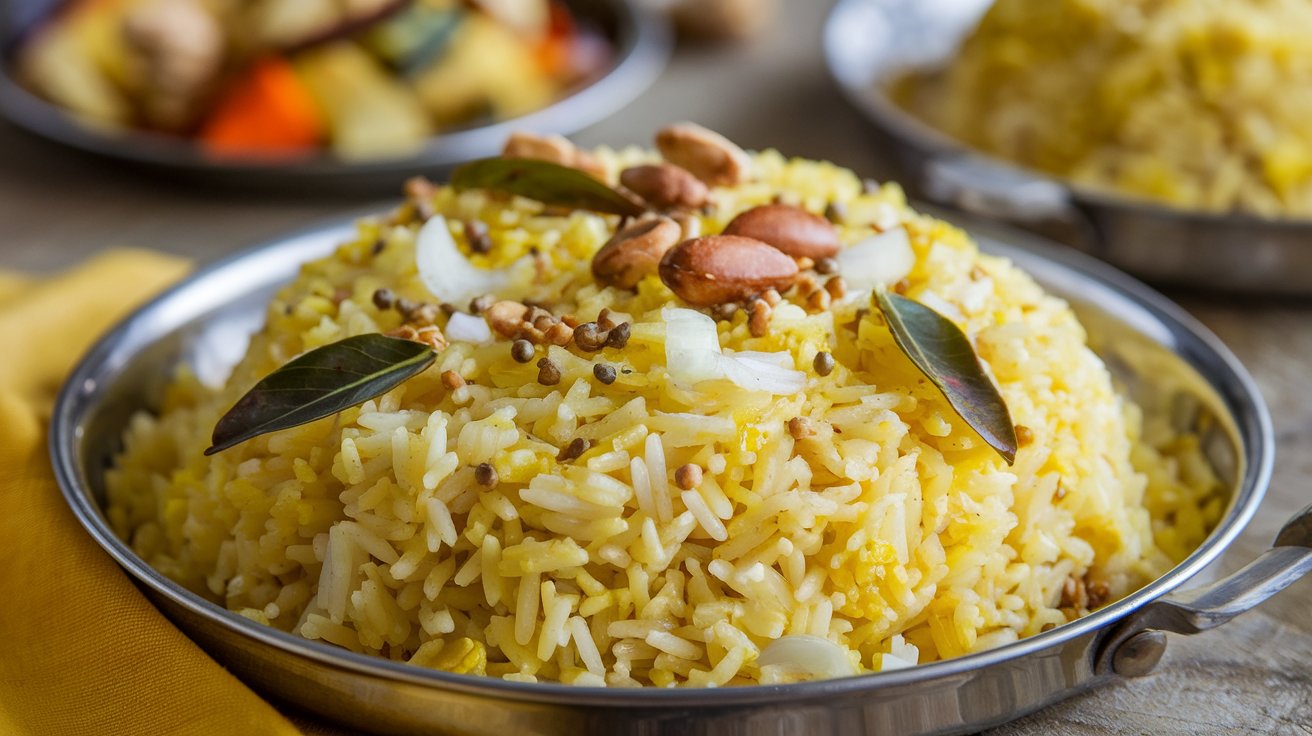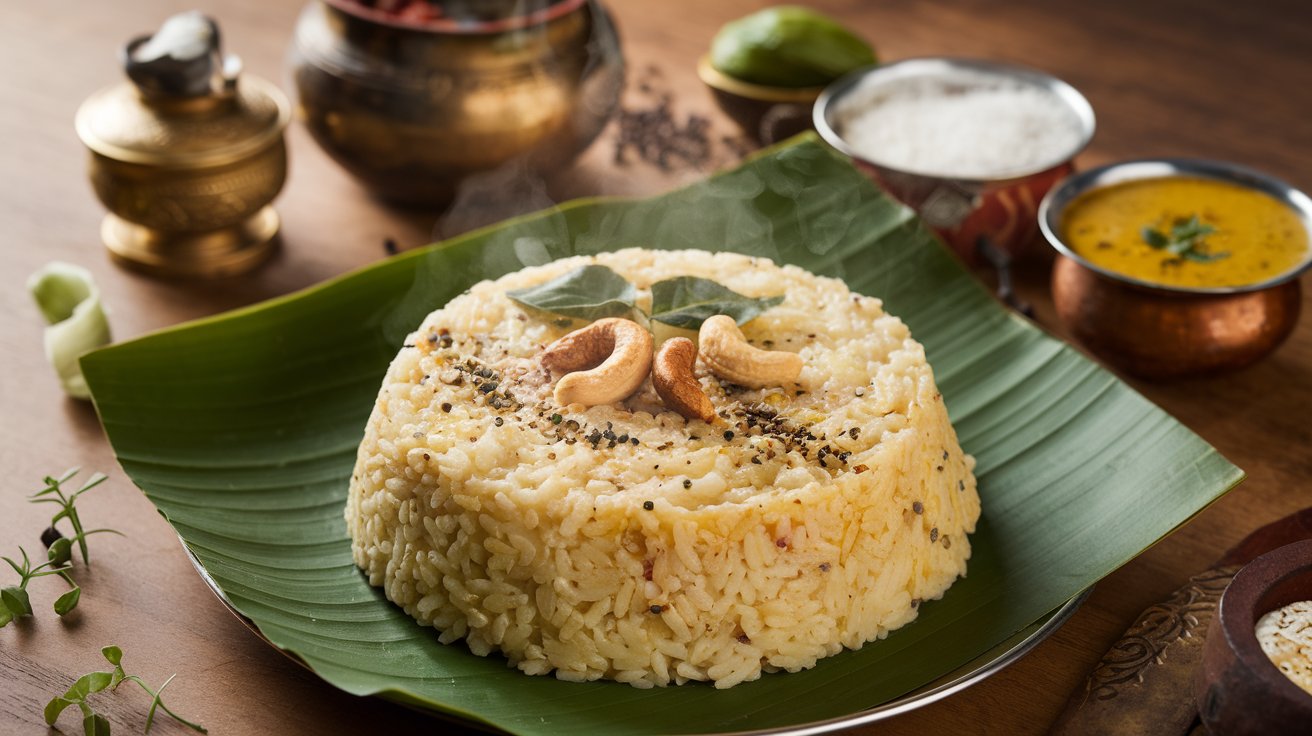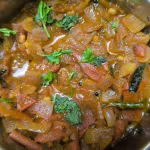

Join the Newsletter
Dive into quick, nutritious recipes, expert health tips, local food finds, and the latest in nutrition. Let’s explore healthier living together!
3-Week Diet Success: A Simple and Effective 21-Day Plan for Weight Loss
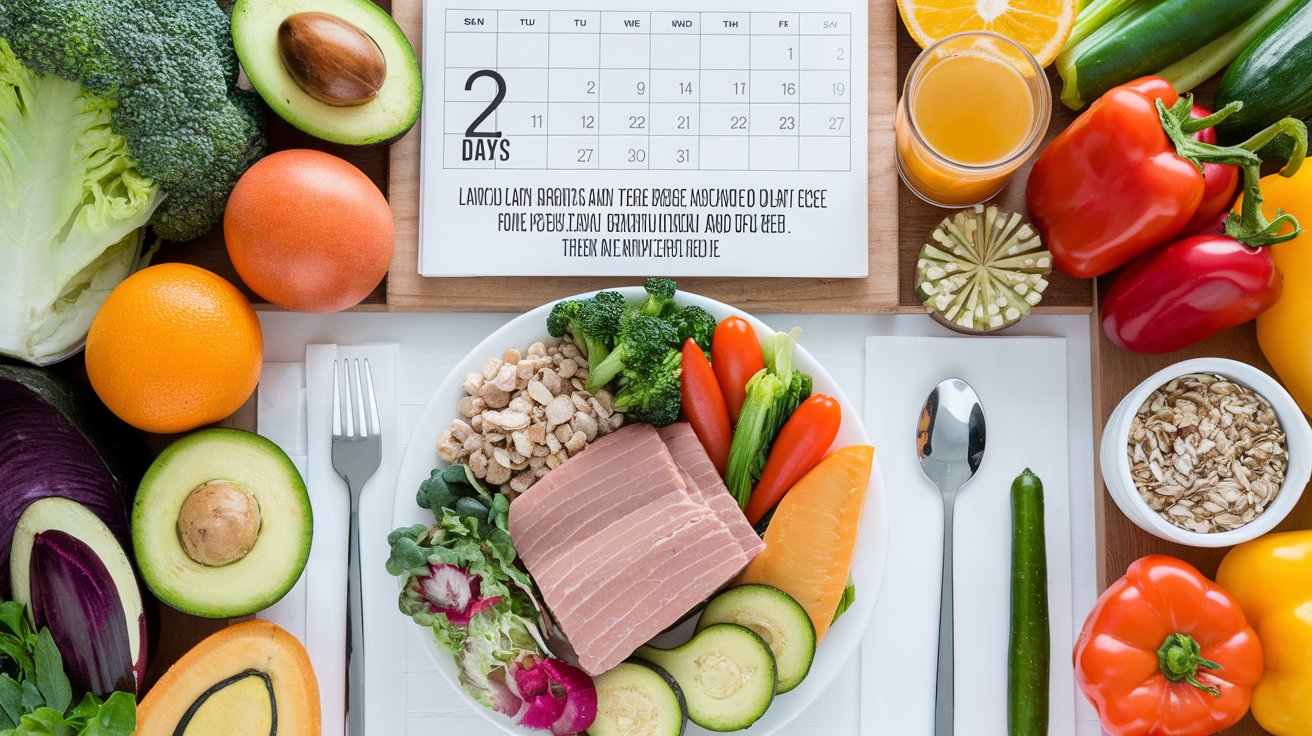
Affiliate Disclosure
Before reading this post, please be aware that some links in this article are affiliate links. This means that if you click on one of these links and make a purchase, we may earn a commission at no additional cost to you. We only promote products and services that we believe will be beneficial to our readers.
For more information, please read our full Affiliate Disclosure.
Introduction
Are you ready to embark on a transformative journey toward achieving your weight loss goals? The 21-day weight loss program is a well-organized and efficient method aimed at helping you lose excess weight in just three weeks. This plan is not only about cutting calories but also about promoting healthy eating habits, maintaining portion control, and building a sustainable routine for long-term success. Over the course of 21 days, you’ll develop a deeper understanding of your body, food, and nutrition, while setting the foundation for a healthier lifestyle.
In this detailed guide, we’ll walk you through everything you need to know about the 21 day diet plan for weight loss, from setting your goals to meal planning and staying consistent. You’ll find all the information you need to get started and stay motivated, whether your target is to lose 5 pounds or 15.
Understanding the 21 Day Diet Plan for Weight Loss
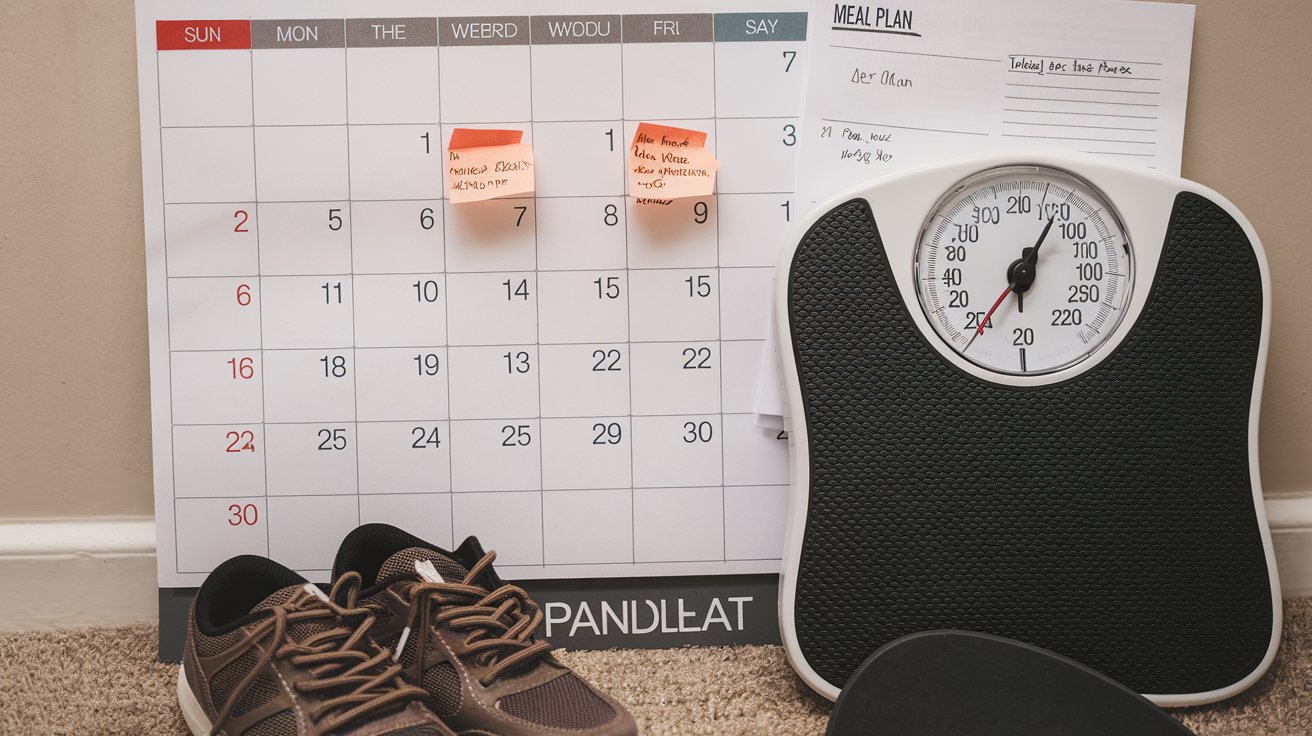
What Makes the 21 Day Diet Plan for Weight Loss Effective?
The 21 day diet plan for weight loss works by establishing a structured calorie deficit while prioritizing nutrient-dense, whole foods. By focusing on a balance of proteins, fats, and carbohydrates, this plan ensures that you don’t feel deprived, while still allowing for steady weight loss. One of the core principles of this plan is eating in a way that promotes metabolic health, prevents hunger pangs, and supports sustained energy levels throughout the day.
What makes the 21 day diet plan so appealing is its simplicity and short duration. Unlike long-term diets that can be daunting and difficult to follow, the 21-day timeframe is manageable, allowing you to stay committed without feeling overwhelmed.
How Much Weight Can You Expect to Lose?
Results vary based on your starting weight, activity level, and adherence to the plan. Most people experience a weight loss of 5 to 10 pounds during the 21 day diet plan for weight loss, with some seeing even more dramatic results. The key is consistency—following the meal plans, sticking to portion sizes, and maintaining your daily calorie deficit.
It’s important to remember that initial weight loss may include water weight, especially if you’ve been eating a high-sodium or high-carb diet. After the first week, your body begins to burn fat more effectively, leading to steady, sustainable weight loss.
Setting Your Weight Loss Goals

Clarifying What Success Means in the 21-Day Weight Loss Program
Success on the 21 day diet plan for weight loss doesn’t just mean seeing a lower number on the scale. It also means cultivating healthier eating habits, learning about portion control, and gaining more energy and confidence. Setting realistic and achievable goals is crucial to staying motivated and preventing burnout.
Begin by determining: What is my target weight loss goal? How do I want to feel at the end of 21 days? Remember that non-scale victories, such as fitting into clothes better or having more energy, are just as important as the pounds you lose.
Importance of Calorie Deficit in the Plan
At the heart of any weight loss plan is the concept of a calorie deficit. This involves taking in a lower number of calories compared to the amount your body expends each day. The 21 day diet plan for weight loss is designed to create this deficit in a way that is sustainable and healthy, rather than extreme or restrictive.
How to Calculate Your Deficit for the 21 Day Diet Plan
To calculate your daily calorie deficit, follow these steps:
- Determine Your Basal Metabolic Rate (BMR): This is the number of calories your body needs to maintain its current weight. You can use an online calculator or consult a professional to find your BMR.
- Create a Deficit: To lose 1 to 2 pounds per week, aim for a daily calorie deficit of 500 to 1,000 calories. For example, if your BMR is 2,000 calories, you would aim to consume between 1,200 and 1,500 calories per day.
Week 1 – Getting Started with the 21 Day Diet Plan for Weight Loss
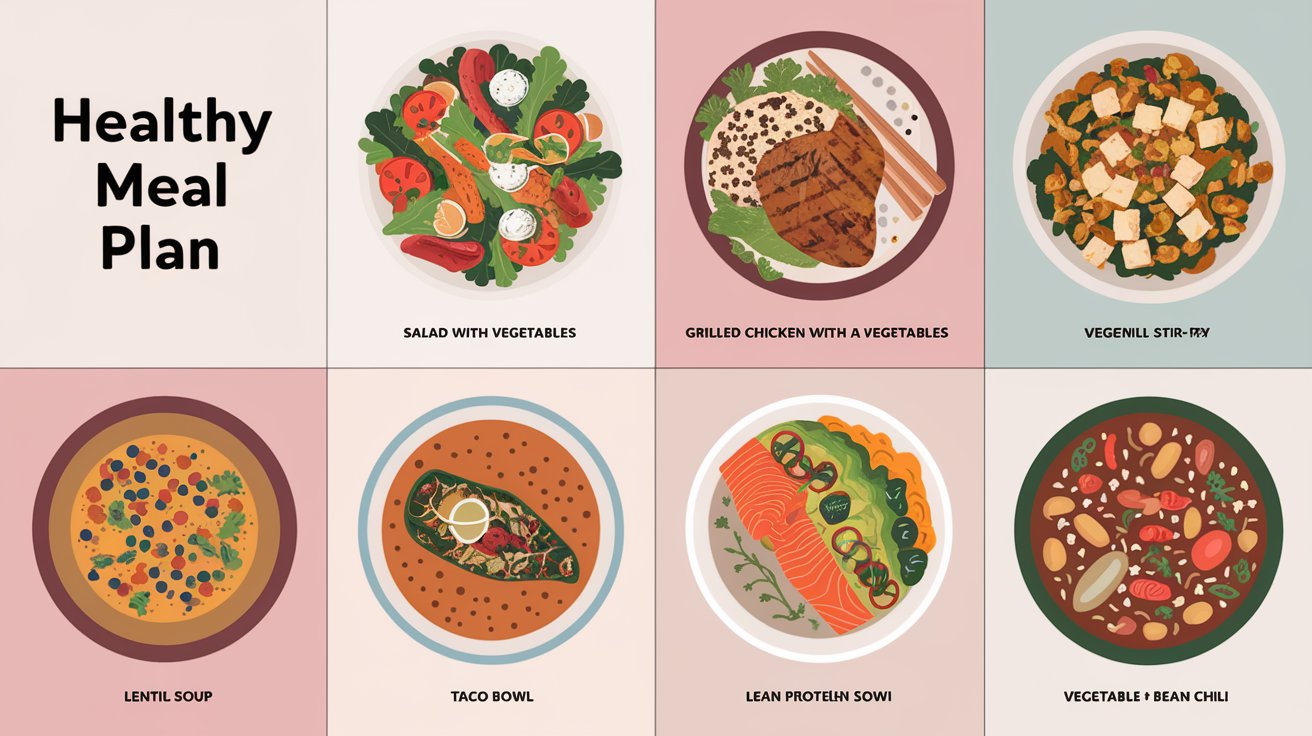
Week 1 Meal Plan Overview
The first week of the 21 day diet plan is all about getting your body accustomed to the new eating routine. You’ll focus on balanced meals that include lean proteins, healthy fats, and fiber-rich vegetables. These foods will help keep you full and satisfied while preventing blood sugar spikes that can lead to cravings.
Breakfast Options for Week 1
Start your day with protein-packed breakfasts to keep you energized and satisfied until lunchtime. Here are some options:
- Scrambled eggs with spinach and mushrooms
- Greek yogurt topped with chia seeds and a small serving of fresh berries
- A protein smoothie with almond milk, spinach, and a scoop of protein powder
Filling Lunch Choices
For lunch, you want to focus on meals that will keep you full without weighing you down. Include lean proteins, such as chicken or turkey, and pair them with complex carbohydrates like quinoa or sweet potatoes. Here are some ideas:
- Grilled chicken salad with mixed greens, avocado, and olive oil
- Quinoa bowl with roasted vegetables and a drizzle of tahini
- Lentil soup served alongside a crisp mixed greens salad.
Dinner Ideas to Stick to the Plan
Dinner should be light yet satisfying. Aim for meals that are rich in vegetables and protein, with a focus on nutrient density. Consider these dinners:
- Baked salmon with roasted asparagus and a side of wild rice
- Stir-fried tofu with broccoli, bell peppers, accompanied by a serving of brown rice.
- Zucchini noodles served with turkey meatballs and marinara sauce.
Week 2 – Gaining Momentum in the 21 Day Diet Plan for Weight Loss
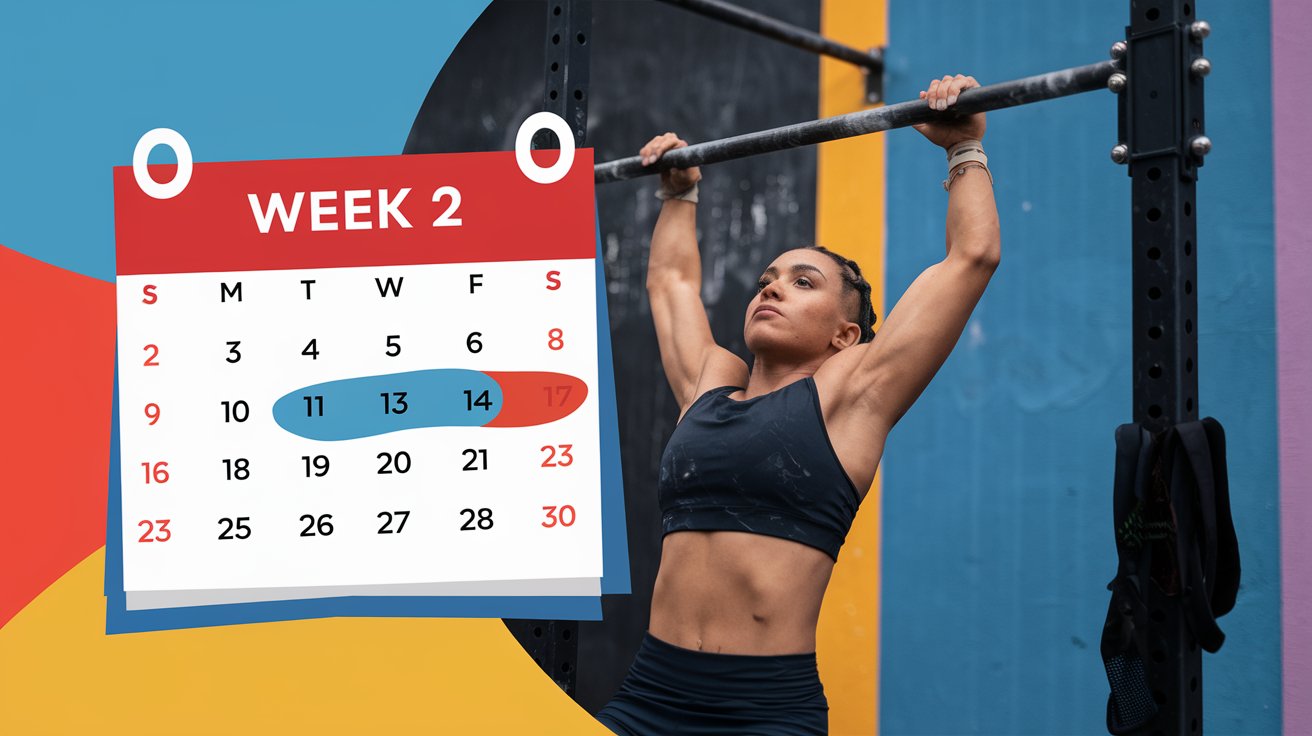
Making Adjustments in Week 2
By the second week of the 21 day diet plan for weight loss, your body will have adjusted to the new routine. At this point, you can fine-tune your meals and make any necessary adjustments based on your progress and how you’re feeling.
Protein-Focused Breakfasts
Protein plays a crucial role in muscle growth and repair while also helping to maintain satiety. Here are some high-protein breakfast options for week two:
- Egg white omelet filled with bell peppers, onions, and spinach.
- Cottage cheese with a handful of almonds and a side of fresh fruit
- Protein pancakes made with almond flour, topped with a few berries
Low-Carb Lunches to Fuel Your Day
Lowering your carbohydrate intake can help accelerate fat loss. Consider these lunch options:
- Turkey lettuce wraps with a side of sliced cucumbers and carrots
- Grilled chicken breast served with roasted Brussels sprouts on the side
- Tuna salad served with a side of mixed greens and cherry tomatoes
Satisfying Dinners to Stay on Track
For dinner, continue to focus on nutrient-dense foods. Incorporate healthy fats and proteins while minimizing simple carbohydrates:
- Grilled shrimp accompanied by sautéed spinach and quinoa
- Chicken stir-fry with cauliflower rice and mixed vegetables
- Baked cod with a side of roasted sweet potatoes and a fresh spinach salad
Week 3 – Wrapping Up the 21 Day Diet Plan
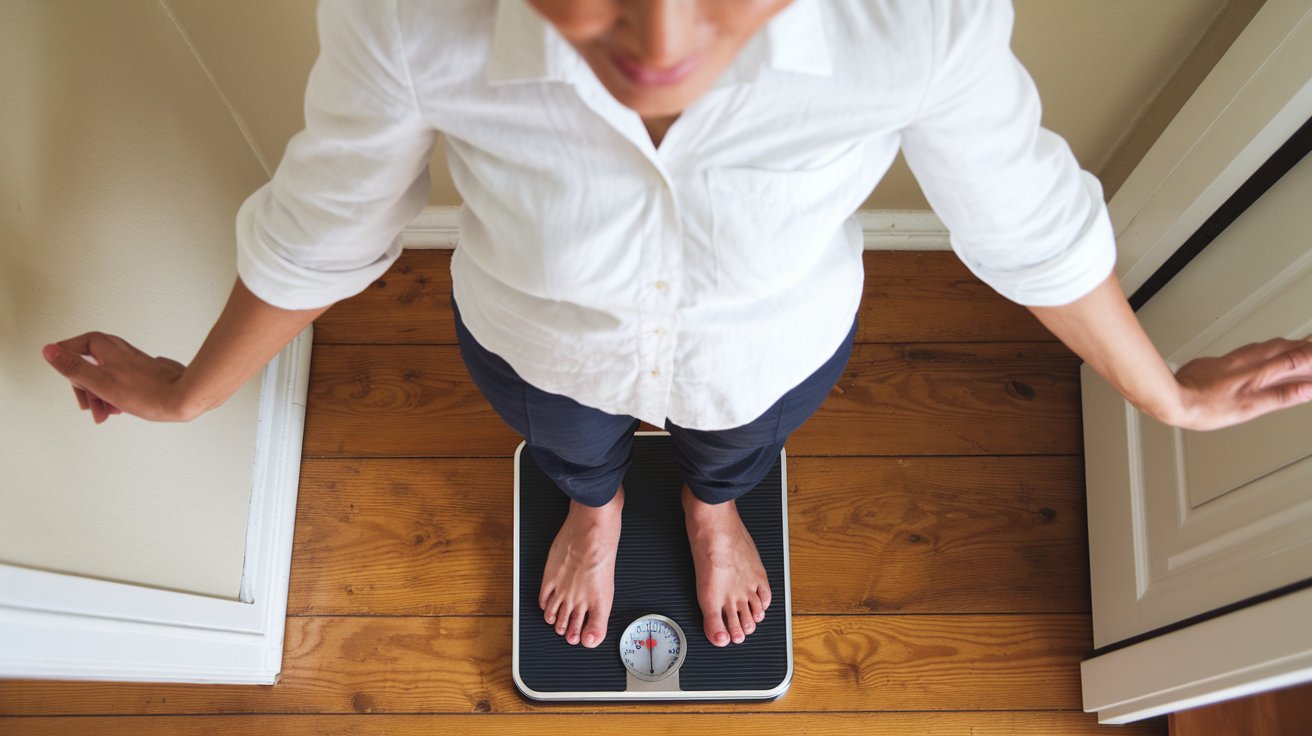
Boosting Nutrient-Dense Foods in the Final Week
In the final week of the 21 day diet plan, you’ll want to emphasize nutrient-dense foods to maximize your results. This includes a variety of colorful vegetables, lean proteins, and healthy fats.
Smart Snacks to Stay Energized
Healthy snacks can help keep your metabolism active and prevent overeating at meal times. Here are some smart snack options:
- A handful of almonds paired with a small piece of dark chocolate.
- Sliced apples with a tablespoon of almond butter.
- Carrot and celery sticks with hummus.
Final Dinner Ideas to Finish Strong
Finish strong with meals that are both satisfying and nutritious. Incorporate a balance of proteins and vegetables:
- Charbroiled chicken breast served alongside quinoa and steamed broccoli
- Turkey burger with a mixed green salad and a side of roasted vegetables
- Baked tilapia with a side of sautéed kale and a small serving of brown rice
Staying Consistent with the 21 Day Diet Plan for Weight Loss
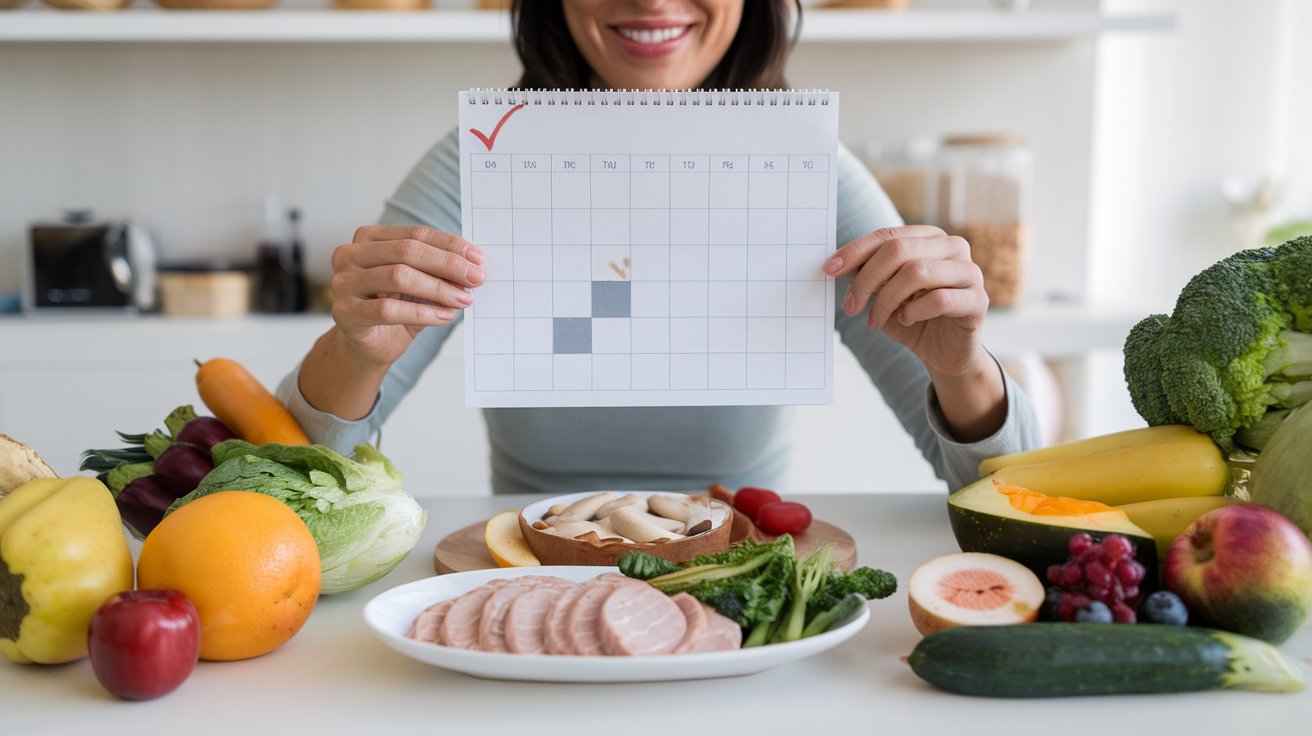
Overcoming Challenges in the 21 Day Diet Plan
Staying consistent with the 21 day diet plan for weight loss can be challenging, especially when faced with cravings or social situations. Keep these tips in mind:
- Stay Focused on Your Goals: Remind yourself of the benefits of the plan and the progress you’ve made so far.
- Prepare for Temptations: Have healthy snacks on hand to avoid falling for unhealthy options.
- Find Support: Share your goals with friends or family for encouragement and accountability.
Mindful Eating and Its Role in the Plan
Mindful eating involves paying full attention to your eating experience and listening to your body’s hunger cues. This method can assist in preventing overeating and encourage more mindful food selections.
The Importance of Hydration for Weight Loss
Staying hydrated is crucial for overall health and supports weight loss. Drinking plenty of water helps regulate digestion, flush out toxins, and can even help control hunger.
Exercise and the 21 Day Diet Plan for Weight Loss

How Exercise Enhances the 21 Day Diet Plan
Adding exercise to your 21 day diet plan for weight loss can amplify your results. Exercise helps increase your calorie expenditure, boost your metabolism, and improve muscle tone. Aim for a mix of cardiovascular and strength-training exercises to get the best results.
Best Workouts to Support Fat Loss
- High-Intensity Interval Training (HIIT): Alternating between short bursts of intense activity and rest periods, HIIT is highly effective for burning calories and improving cardiovascular fitness.
- Strength Training: Lifting weights or using resistance bands helps build lean muscle mass, which can increase your resting metabolic rate.
- Yoga or Pilates: These exercises improve flexibility, reduce stress, and support overall well-being, complementing your weight loss efforts.
The Importance of Rest in the 21 Day Diet Plan for Weight Loss

Why Sleep and Recovery Are Essential for Weight Loss
Adequate rest and recovery are vital components of the 21 day diet plan for weight loss. Quality sleep supports hormonal balance, helps regulate appetite, and allows your body to repair and rebuild. Aim for 7-9 hours of sleep per night to maximize your results.
Supplements for the 21 Day Diet Plan for Weight Loss
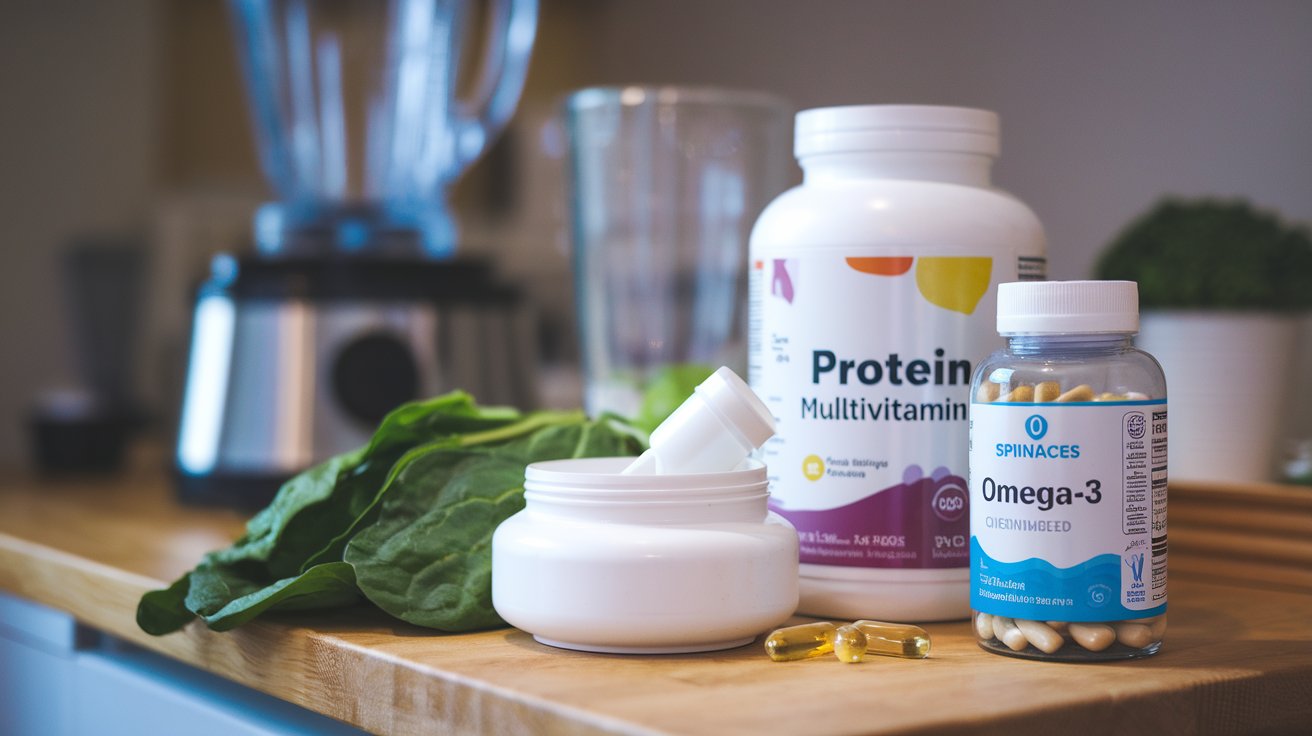
Should You Use Supplements on This Plan?
While the 21 day diet plan focuses on whole foods, supplements can sometimes support your goals. Common supplements include:
- Protein Powder: Helps meet protein needs, especially if you have a busy schedule.
- Multivitamins: Ensure you’re getting essential nutrients if your diet is restricted.
- Omega-3 Fatty Acids: Support heart health and reduce inflammation.
Consult your doctor before using supplements in your body
Maintaining Weight Loss After the 21 Day Diet Plan
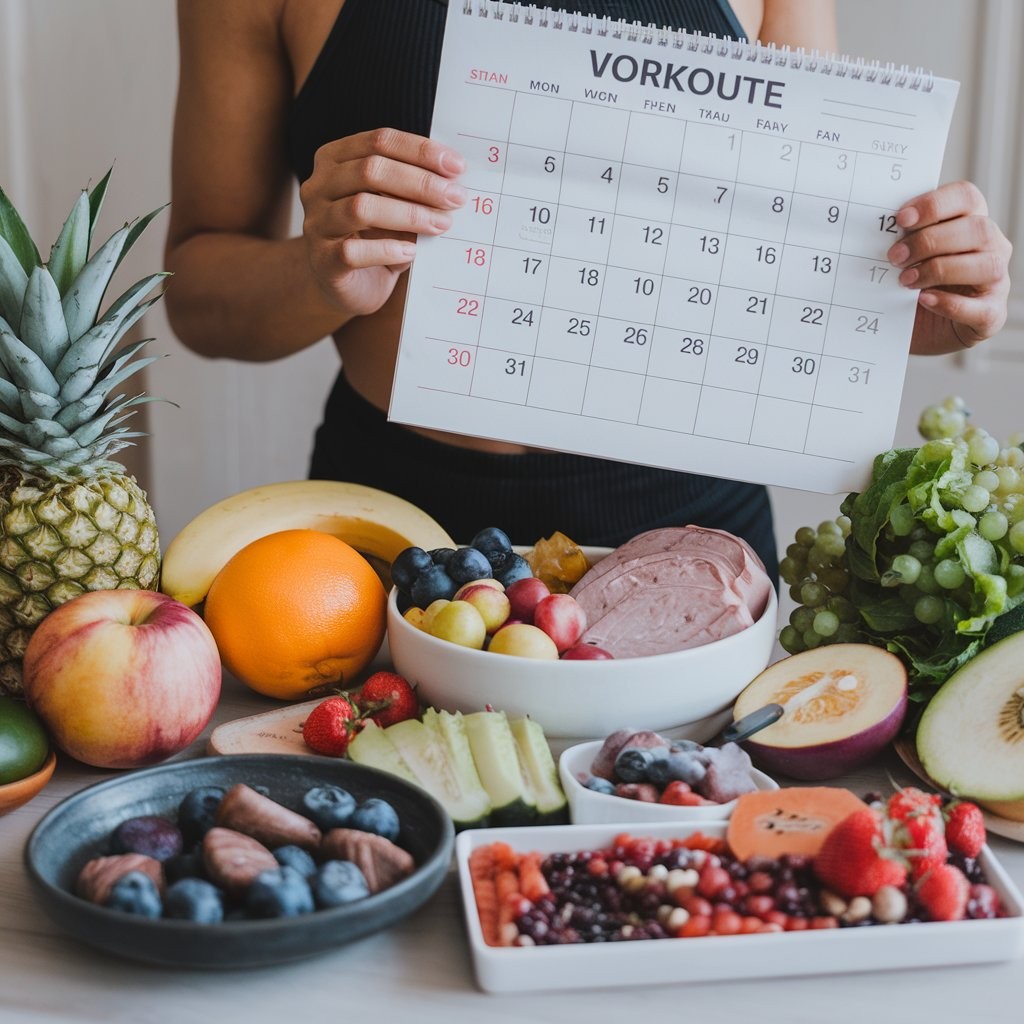
Transitioning After the 21 Day Diet Plan
Once you complete the 21 day diet plan for weight loss, it’s important to transition gradually back to a more sustainable eating pattern. Focus on maintaining healthy habits, such as balanced meals and regular exercise, to prevent regaining the weight.
Long-Term Maintenance Tips to Keep the Weight Off
- Set Realistic Goals: Aim for steady, gradual weight loss rather than rapid changes.
- Stay Active: Incorporate regular physical activity into your lifestyle.
- Practice Mindful Eating: Continue to listen to your body’s hunger and fullness cues.
Troubleshooting Common Issues with the 21 Day Diet Plan
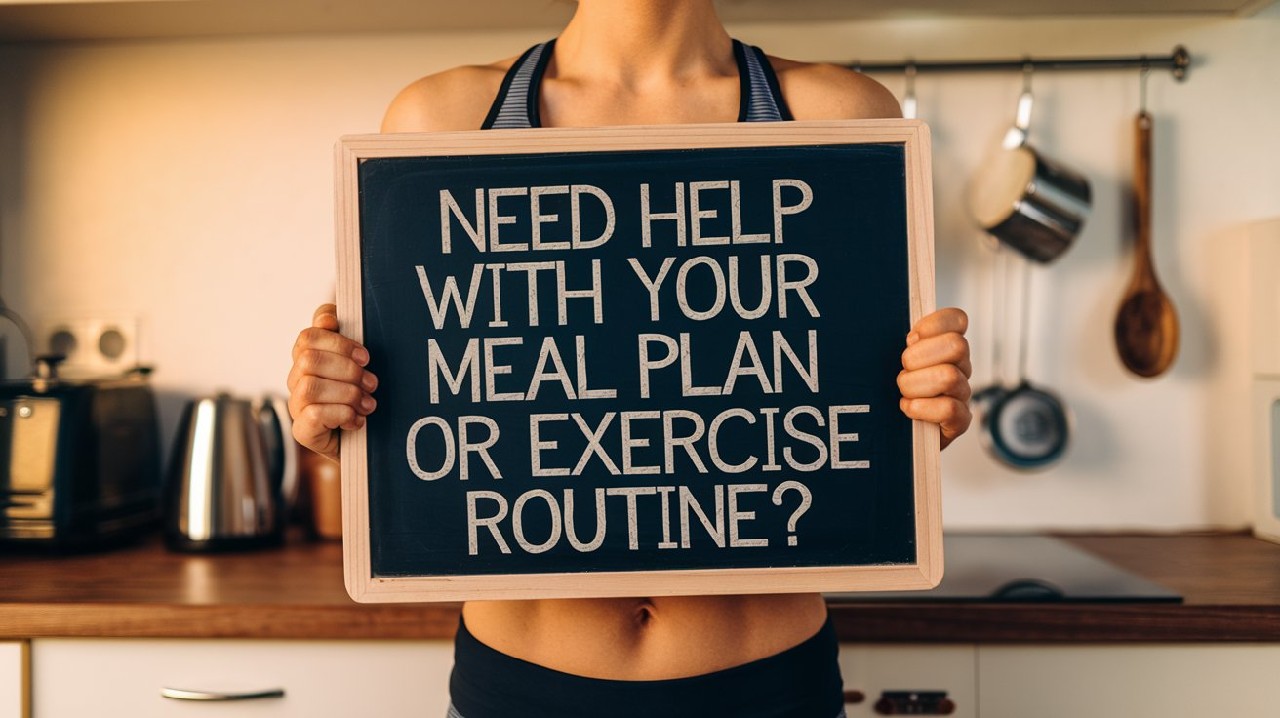
What If You Stop Losing Weight Mid-Plan?
Plateaus are common during weight loss journeys.If you encounter a weight loss plateau, reassess your calorie consumption and exercise regimen. Make adjustments if necessary, and remember that weight loss is a gradual process.
How to Avoid Diet Burnout
To avoid burnout, keep your diet varied and interesting. Include a range of foods and flavors to prevent boredom. Also, give yourself occasional treats to stay motivated.
Managing Social Situations While on the Diet
Social situations can be challenging, but planning ahead can help. Communicate your goals with friends and family, and bring your own healthy dishes to gatherings to stay on track.
Conclusion
The 21 day diet plan for weight loss is a powerful tool for achieving your weight loss goals and developing lasting healthy habits. By following this plan, you can expect to see significant improvements in your weight, energy levels, and overall well-being. Remember, the key to success is consistency and making adjustments as needed. Embrace the process, maintain your motivation, and acknowledge your achievements as you progress.
FAQs
1. Can the 21 Day Diet Plan for Weight Loss work without exercise?
Yes, the 21 day diet plan for weight loss can be effective without exercise, but adding physical activity can enhance your results and improve overall health.
2. How do I calculate calories for the 21 Day Diet Plan for Weight Loss?
Use an online calorie calculator to determine your maintenance calories, then create a daily deficit of 500 to 1,000 calories to achieve weight loss.
3. What can I eat on the 21 Day Diet Plan if I’m vegetarian?
Vegetarian options include beans, lentils, tofu, quinoa, and plenty of vegetables. Ensure you get enough protein and nutrients from plant-based sources.
4. Is it okay to cheat on the 21 Day Diet Plan for Weight Loss?
Occasional cheats are okay, but try to keep them minimal and get back on track immediately to stay on course with your goals.
5. Can I repeat the 21 Day Diet Plan for longer-term weight loss?
Consult with a nutritionist before extending the plan. It’s important to ensure that your approach remains balanced and sustainable.

Welcome to Merge Blog!
Dive into quick, nutritious recipes, expert health tips, local food finds, and the latest in nutrition. Let’s explore healthier living together!

I’m Divya Bharathi, the person behind MergeBlog. I’m a passionate food enthusiast sharing simple, nutritious recipes and tips for a balanced lifestyle. Join me on this delicious journey!
Divya Bharathi
SUBSCRIBE & FOLLOW
MUST-READ ARTICLES
Join the Newsletter
Dive into quick, nutritious recipes, expert health tips, local food finds, and the latest in nutrition. Let’s explore healthier living together!
